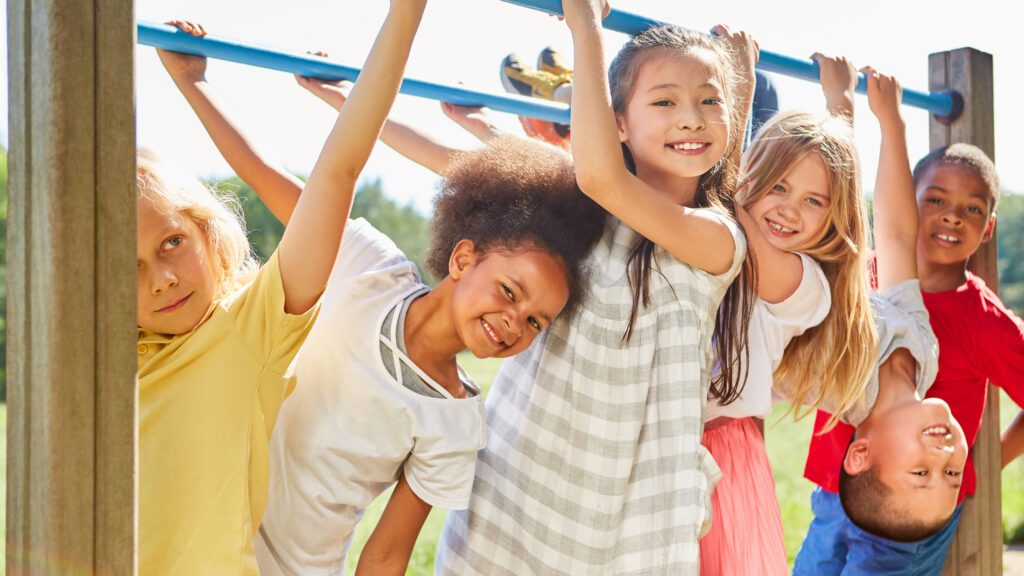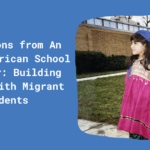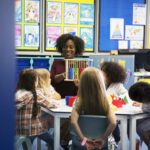Evidence suggests that multicultural student teams and friend groups are better problem-solvers and produce better academic outcomes inside the classroom.
- Multicultural student teams may yield more creative solutions to problems they face in the classroom.
- Students who engage with people who are different from them may be more likely to have higher grades and better in-school social outcomes.
Multicultural friendships may increase perceived safety and decrease perceived victimization in schools.
- Students who attend multicultural schools are more likely to state they feel safe at school and are more likely to perceive fewer threats than students who attend racially homogenous schools.
Multicultural classrooms may produce better teacher-student relationships.
- Students who attend multicultural schools may have more supportive relationships and fewer strained relationships with their teachers. Students who perceive their schools to have higher equality may also comply more with school rules.




